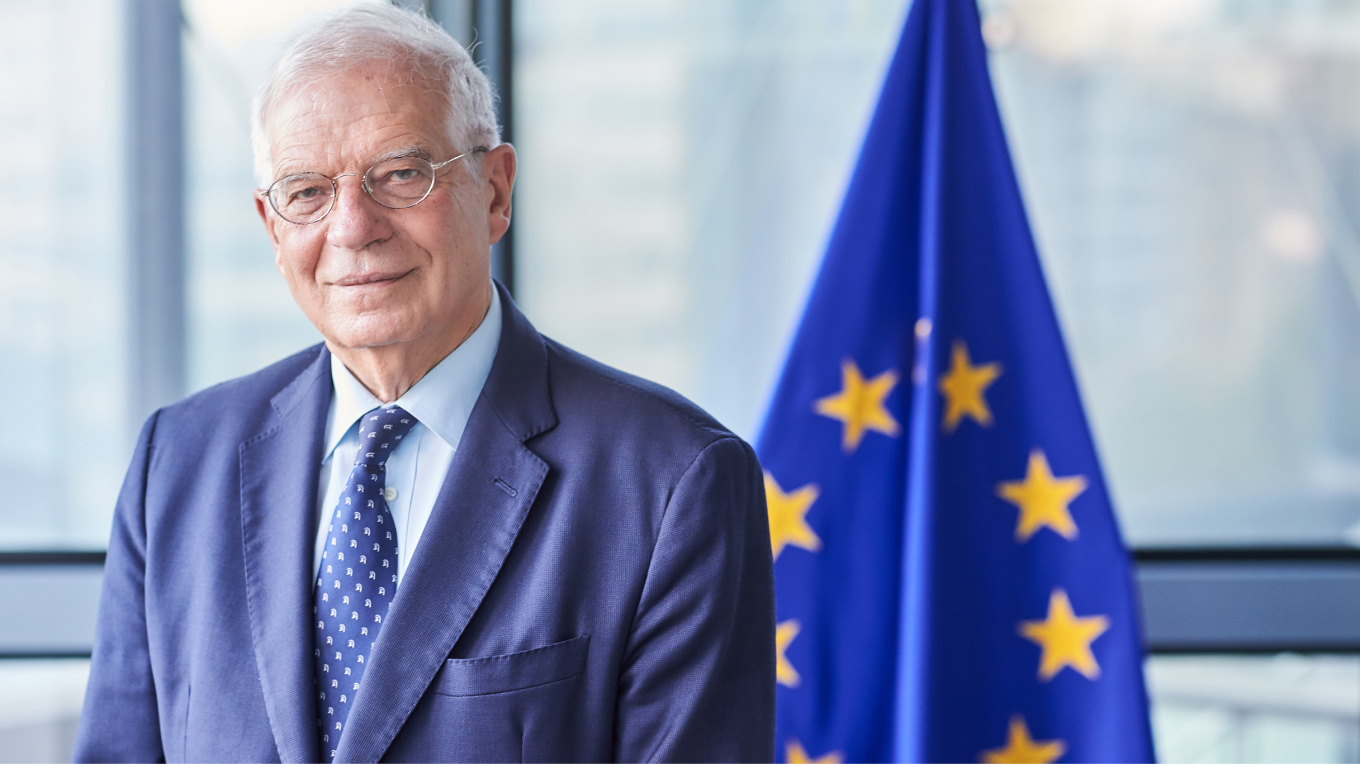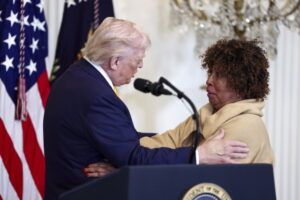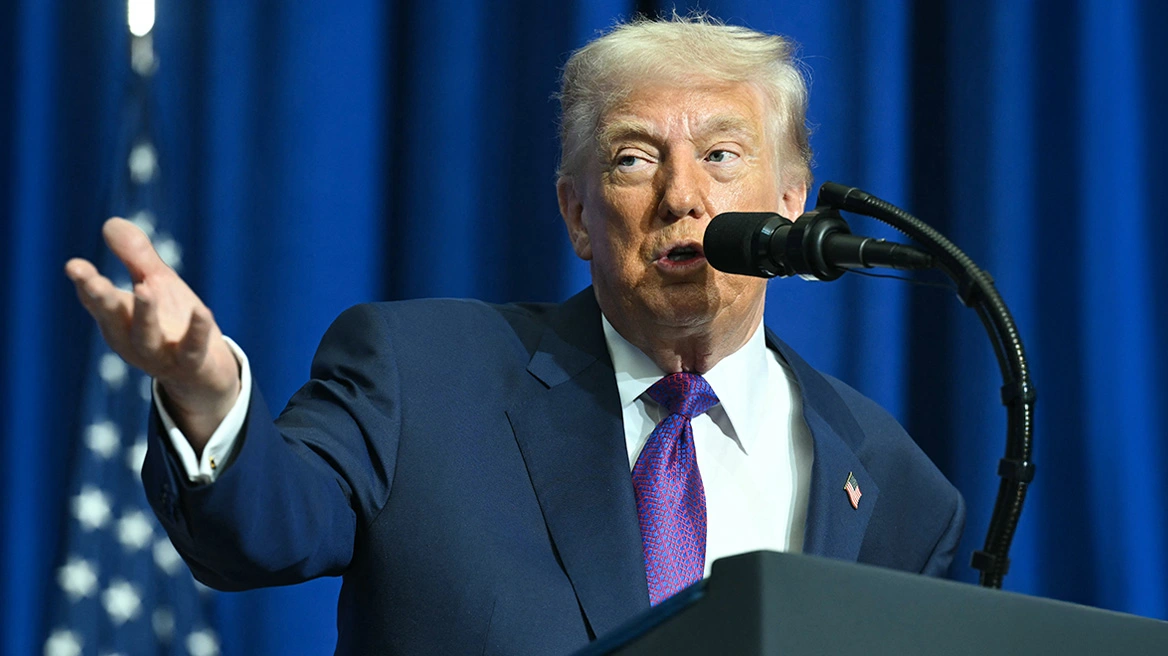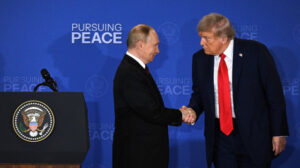Ukraine is forced into a high-intensity war where its freedom and national survival are at stake. To fight back and be able to push out the Russian invader, Ukraine needs not just political support and money. Crucially, it needs weapons and ammunition, as weapons without ammunitions are useless.
Right now, the Russian stocks and use of artillery shells are much higher than Ukraine’s – and the price for this difference is paid in Ukrainian lives. We have said repeatedly that the defence of Ukrainian sovereignty is existential – for Ukraine, but also for the rest of Europe. We cannot want this goal without giving Ukraine the means to achieve it.
Since Russia launched its war against Ukraine, the EU has shown that it ‘gets’ what is at stake and is ready to break taboos when the needs arise. One year ago, we began to finance, for the first time ever, the supply of lethal military equipment to a country under attack. Then in the autumn we started to train Ukrainian soldiers on our soil, under the EU flag. We are on track to train 30,000 Ukrainian soldiers by the end of this year. And right now, we are taking another big step, by working together to supply Ukraine with the ammunition it so urgently needs.
Last week, European leaders agreed to a three-track proposal that I put forward, together with Commissioner Breton. First, to finance the urgent provision of artillery ammunition from existing stocks or pending orders; second to jointly procure new artillery shells; and third to work with the EU defence industry to increase production capacities, to address our own needs and sustain our support for Ukraine.
In concrete terms, we will use €1 billion from the European Peace Facility, which is separate from the EU budget itrself, to reimburse member states who are ready to deliver ammunition to Ukraine immediately. This part will come from existing stocks or pending orders. We will use another €1 billion to reimburse the joint procurement of 155mm ammunition and, if requested, missiles, and do so from the EU defence industry and Norway. This will be done through the European Defence Agency (EDA) or through complementary joint acquisition projects led by a member state. The core objective is to deliver fast. And by buying together, we will give industry the clear signals it needs to deliver in the shortest possible timeframe.
The third track is about increasing the capacity of the European industry to meet increased demand, so that our armies can replenish their stocks while supplying Ukraine. It is easier to give what you have today if you are confident you are able to buy and receive new supplies tomorrow. On this track, the European Commission will support the increase of manufacturing capacities to address bottlenecks and efficient procurement procedures, including through financial incentives.
In the past 20 years Europeans have reduced their investments in defence industrial capacity, which we now need to ramp up again because of the radically changed security environment.
Concretely, we aim to provide Ukraine with 1 million rounds of artillery ammunition within one year, using a total of €2 billion under the European Peace Facility. With a reimbursement rate of 50% to 60%, this new package will enable us to leverage roughly €4 billion.
This decision demonstrates the EU’s ability to act quickly when we need to and it is proof that we remain determined to give Ukraine the means it needs for its legitimate self-defence.
This decision will raise the question of how giving ever more weapons can bring an end to this horrible war. The answer is that to defend itself and end the war, Ukraine needs both weapons and ammunition – for as long as Russia keeps attacking and bombing Ukraine.
Of course we, like Ukraine, want peace. But we do not just seek any kind of peace. We want a just and sustainable peace, based on the UN Charter where Russia withdraws its troops from all the territory of Ukraine that it currently occupies. This is also why we support President Zelenskyy’s peace formula.
In other words, how the war ends matters – not just that it ends per se, with Russia making territorial and other gains with its war of aggression.
We also want accountability and that is why the indictment by the International Criminal Court of President Putin is important: he must pay for the war crimes he is responsible for, including the forced abduction of so many children from Ukraine.
In this war, history and justice are on the side of Ukraine. But we need to accelerate the march of history. Our military support and our decision to buy ammunition together, serve the cause of a just peace in Ukraine. It is the right decision and a necessary one.
By Josep Borrell, High Representative for EU Foreign and Security Policy
Ask me anything
Explore related questions





